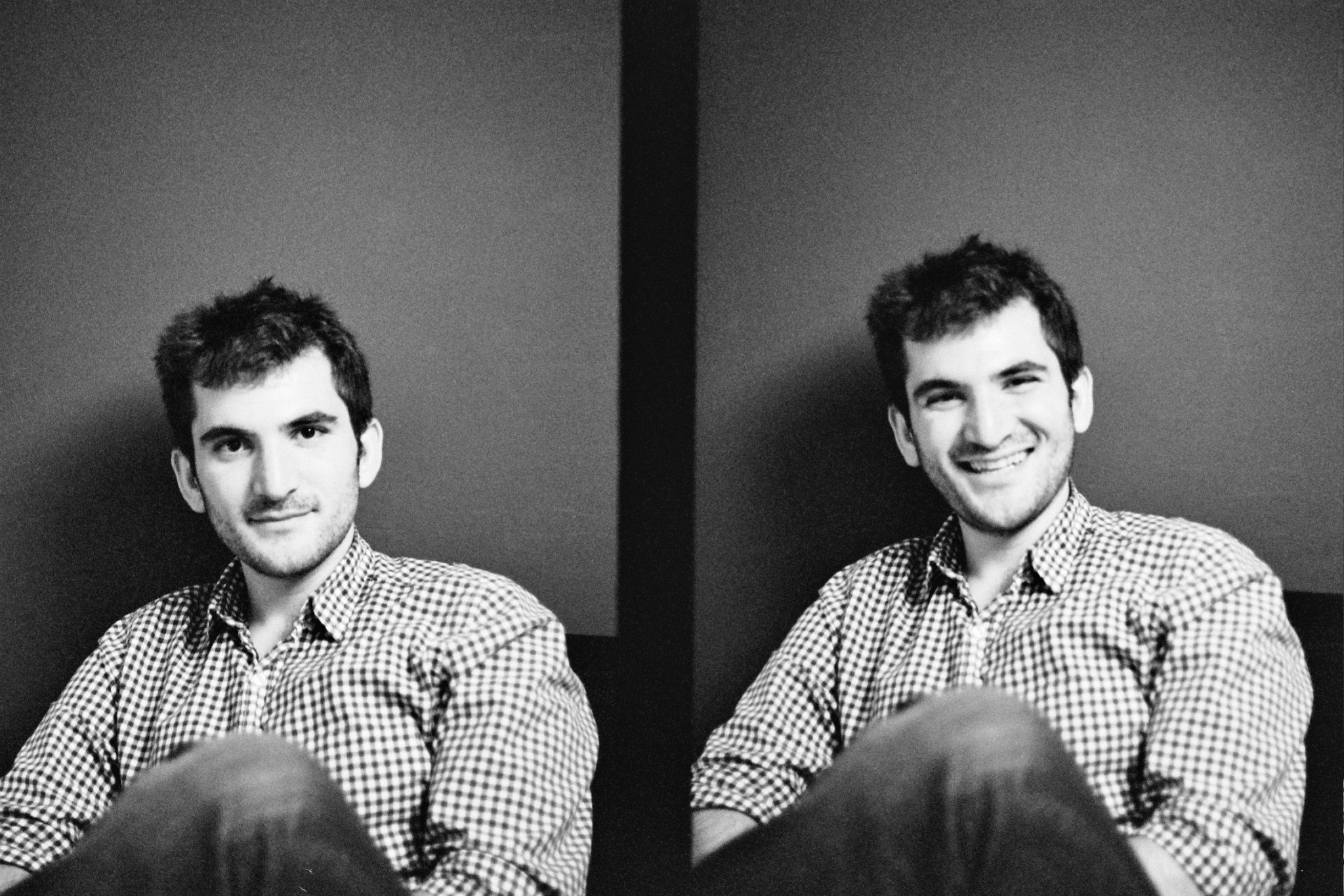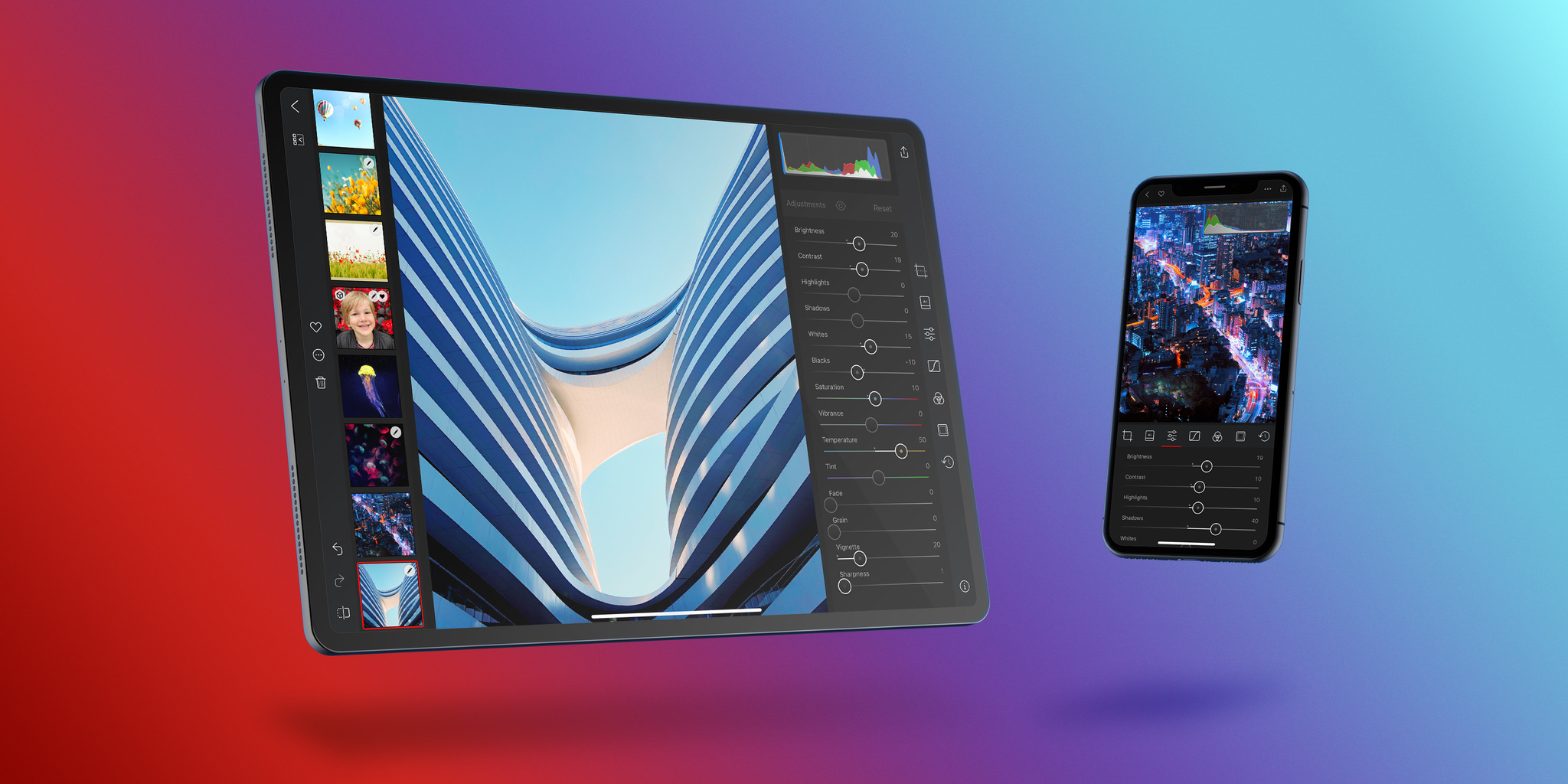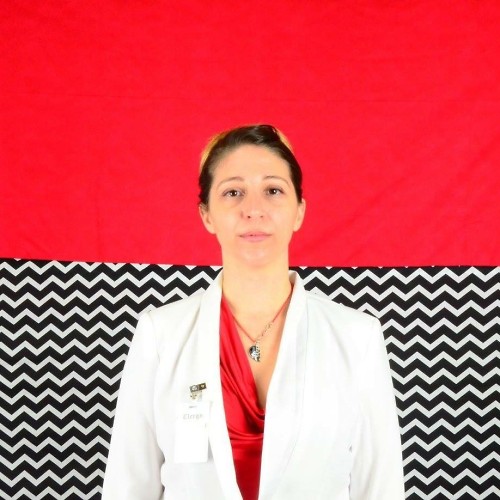
iMore offers spot-on advice and guidance from our team of experts, with decades of Apple device experience to lean on. Learn more with iMore!
You are now subscribed
Your newsletter sign-up was successful
Majd Taby is the CEO of Darkroom, one of the most popular photo editing apps for iPhone, especially amongst professional photographers. It was built on a foundation that being able to access, edit, and organize your RAW photos should be as easy to do out in the field as it is in the studio. Darkroom is more than five years old now and is currently in version 4.7. This year, it won an Apple Design Award (ADA) following the Worldwide Developer Conference (WWDC) in 2020.
I had the opportunity to chat with Taby remotely shortly after the ADA winners were announced about his pilgrimage to Europe to cover the Syrian diaspora, how Darkroom became what it is now, and his thoughts on winning the most prestigious award an app developer could win.
Taby was born in Aleppo Syria and spent his childhood and early teens in a place he says was "late to technical advancements. "Most people in Syria, even in 2000-2001, didn't actually have a computer. I was lucky enough that my family had a computer. I was just instantly and completely smitten. They seemed completely magical to me," he said.

Taby started out with art and design, and when computers came to his city, he naturally gravitated toward graphic design software like CorelDraw and found himself a regular contributor to Deviant Art, which is an online community for artists to share their work and get feedback from others in the community. Taby went from digital art to web design to building websites. He says it was a natural evolution for him. "I kind of approached it like; I like art. Websites are like art, but you can click buttons on them and things happen. If I want to make websites, I have to learn how to code. It made sense to learn how to build websites."
There's no question that Taby had an idea of what he wanted to do from the first time he used a computer. He went from his first access to the Internet to taking computer classes in high school to graduation from the University of Michigan with a computer science degree. He also interned at Apple while still in college and worked at Apple for a time after graduating. He later joined a startup that was acquired by Facebook and then decided to join the Instagram team (which had been acquired by Facebook at this point, too). This is where things started to change for Taby.
"I was very aware of how transformative the iPhone was to the world of photography. It was really redefining what it meant to be a professional photographer because now you no longer needed a big backpack and suitcases equipment. You just needed a phone in your pocket and a story to tell."
iMore offers spot-on advice and guidance from our team of experts, with decades of Apple device experience to lean on. Learn more with iMore!
While on a trip to Norway taking lots of photos on his iPhone, Taby came face-to-face with the problems mobile photographers were having. Why mobile photography couldn't be a seamless flow from camera to published work. "The tools that I was using at the time felt like they were preventing me from expressing myself and telling the story that I wanted to tell because they required so much effort."
So, he built Darkroom.
The idea was to create software for the iPhone that was just as powerful and useful as a professional-grade camera system. The app got positive feedback when it launched in 2015, and it was even featured by Apple in the App Store, but it wasn't quite there yet.

There was still work to be done, but Taby's mind was distracted by the Syrian Civil War. By August of 2015, the Syrian refugee crisis had become the dominant news story and it sparked something in this Syrian-born computer nerd.
"I was seeing all these Western media try to tell the story of the refugee crisis from a very Western perspective. Here I was, deep in the world of photography, and someone with the ability and resources to tell the story. I had a responsibility to do it. And so I slowed my work on Darkroom and went to document the crisis."
The outcome of Taby's sudden shift in trajectory resulted in a photo essay book called Displaced: Stories from the Syrian Diaspora, which is about Syrian families from the perspective of a Syrian fleeing from the war and finding new lives in Europe. Incidentally, if you want your own copy of Displaced, Taby is offering a special discount price of $40 (though you can offer to pay more) and 100% of the proceeds will go to the Equal Justice Initiative. Taby says he is also matching the first $10,000 of the book's sales during this donation.
https://twitter.com/jtaby/status/1273288490365513728?s=20
In the process of documenting this journey and taking tens of thousands of photos with his co-author Sara Kerens, Taby discovered even more ways in which a smartphone just wasn't good enough to be a main photography camera. "The process of researching and preparing for writing the book was a very iterative process with multiple people giving feedback back and forth on the same photo. The tools to do that (putting aside just the iPhone for a moment) just anywhere, were very lacking. That experience really altered my whole relationship with professional photography," he said.
Taby, along with co-founder Jasper Hauser, decided to be the harbinger of photography software that could allow us to do everything we need to tell a story through photography right on our iPhones.
Five years later and Darkroom 4 has received critical acclaim from the most respected design committee in the business; the Apple Design Awards committee.
"Ever since I got my first Mac and I saw what Mac software was, I realized this is the standard I want to aspire to. One of the reasons I left working at these big companies is that I felt the standard was not as high as I wanted to be. I wanted to raise the standard of my work. It is an incredible honor to have actually been rewarded with an actual Apple Design Award, which I'm still trying to believe myself."
Though it's clear with the design and usability of Darkroom that it was destined to win an ADA, humbly jokes about how he keeps thinking that we must be talking about someone else's app, not Darkroom.
"Why do we care to build things that are beautiful and why do we want to win an Apple Design Award? I think partly people like me and the others that won Apple Design Award this year, view our work less as a job and we see it more as a craft. We are attracted to quality, interaction, and the little things that most people may not even notice that are ultimately our aspiration. And there isn't another award in our field that will reflect that recognition like that Apple Design Award."
Lory is a renaissance woman, writing news, reviews, and how-to guides for iMore. She also fancies herself a bit of a rock star in her town and spends too much time reading comic books. If she's not typing away at her keyboard, you can probably find her at Disneyland or watching Star Wars (or both).


